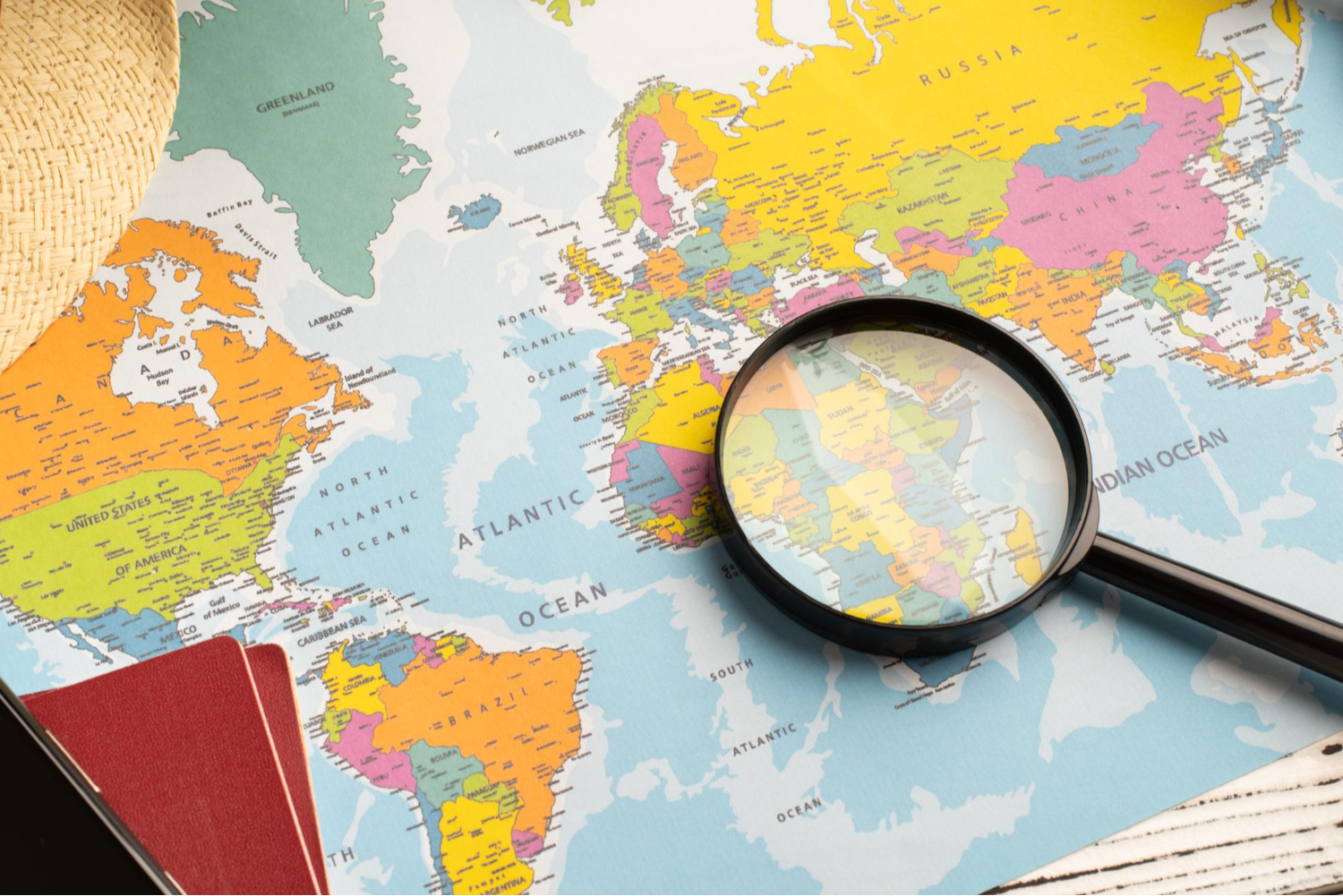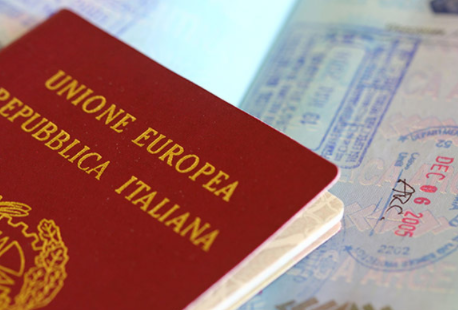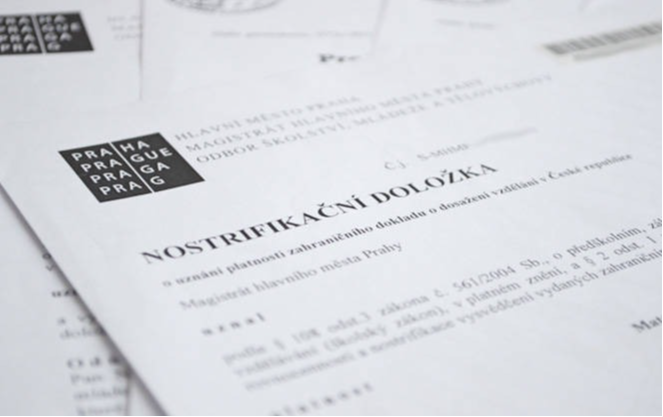In today's world, where international relations and travel have become an integral part of many areas of life, legalization of documents for use abroad is becoming increasingly important. One of the most effective ways to legalize documents is to affix a double apostille to them. This term refers to a special stamp that certifies the authenticity of a signature or seal on a document and its compliance with the laws of the country to which the document is submitted.



